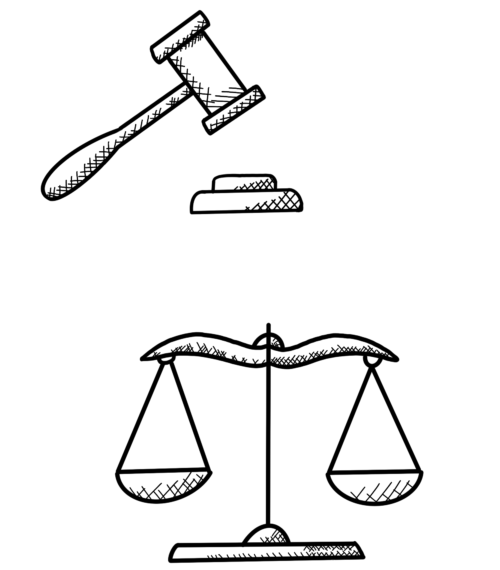This past Friday, a congressional committee investigating campus antisemitism took the unprecedented action of issuing multiple subpoenas to Harvard University six weeks after hearings into antisemitism on campus triggered the resignation of former President Claudine Gay. The subpoenas set a deadline of 5 P.M. on March 4th for Harvard officials to produce the series of documents.
This move is part of the political effort to investigate elite universities for their response to pro-Palestine student demonstrations, especially following the Oct. 7th Hamas attacks in Israel, when a number of student bodies at Harvard and other universities appeared to condemn Israel without acknowledging the attack.
The committee said on Friday that it was subpoenaing Harvard for failing to produce priority documents related to the committee’s ongoing antisemitism investigation. This marks the first time the education committee has ever subpoenaed a university since the panel was founded in March 1867.
The House Committee on Education and the Workforce said that the issued subpoenas are against three different Harvard officials: Harvard’s interim president, Alan Garber, Harvard Corporation Senior Fellow Penny Pritzker, and Harvard Management Co. CEO N.P. “Narv” Narvekar. The committee is asking for “all Harvard Corporation meeting minutes and summaries, whether formal or informal, since Jan. 1, 2021,” among a wide range of other material including board meeting minutes following the Oct. 7th Hamas attacks on Israel, all reports of antisemitic incidents on campus since January 2021, documents related to the results of the school’s disciplinary process for antisemitism, and internal communication related to antisemitism among the institution’s leaders.
In the last few days, the committee has reprimanded Harvard for withholding or heavily redacting documents. Representative Virginia Foxx, the North Carolina Republican who chairs the House Committee on Education and the Workforce, told Harvard officials in letters accompanying the subpoenas that the university had “repeatedly failed” to satisfy lawmakers’ request for documentation “within a reasonable timeframe” which is “obstructing” the committee’s investigation.
Foxx also noted that she will “not tolerate delay and defiance of our investigation while Harvard’s Jewish students continue to endure the firestorm of antisemitism that has engulfed its campus.”
The subpoenas further inflate the House panel’s efforts to investigate how elite universities handle and discipline anti-semitism. On December 7th, 2023, House lawmakers announced a formal investigation into Harvard, the Massachusetts Institute of Technology, and the University of Pennsylvania after the three institutions’ leaders testified before Congress about campus antisemitism. Earlier this week, the committee expanded the antisemitism investigation to include Columbia University, however, as of now, the committee has only subpoenaed Harvard.
At this point, it is unclear if Harvard will fight the subpoenas in court. Harvard spokesperson Jonathan Swain, in an interview with Harvard Crimson, shared that the subpoenas were “unwarranted” and that the University is committed to cooperating and would continue to provide additional materials.
The University has denied that it was withholding information and thus far has argued that it has complied with the committee and provided ample documents requested. Foxx, however, claims that out of the 2,516 pages Harvard has produced, more than 40% were publicly available. In a statement, Foxx pointed out that “quality—not quantity—is the Committee’s concern.”
Looking beyond legal jargon, it’s important to question whether or not this is an investigation in good faith. This committee holds great power in the realm of education, and they are using that power to continue to undermine elite liberal universities like Harvard. As legislative inquiries into the internal behavior of higher education institutions take on yet another new form, the battle between politics and education persists, resists, and continues to exist.
Rania Jones ’27 (rjones@college.harvard.edu) is the Associate News Editor of the Independent.

